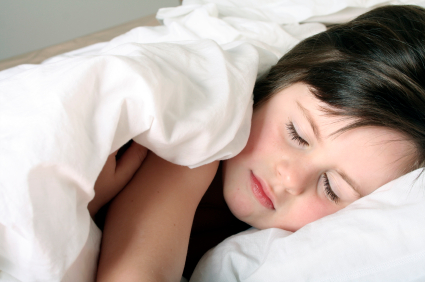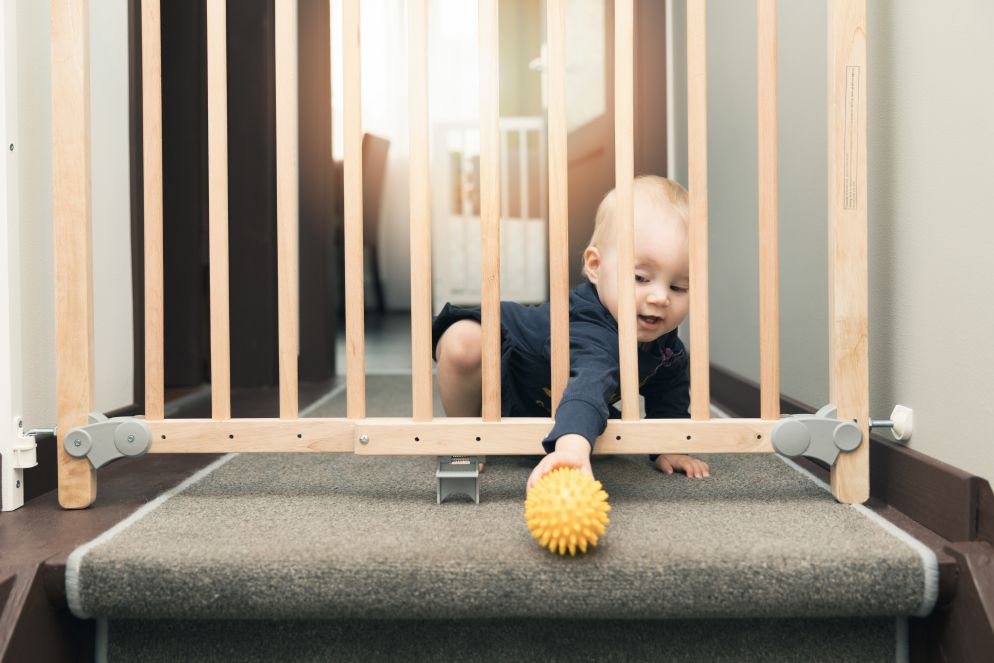Some parents assume they’ve got all the time in the world to talk to their young daughters about the changes puberty will bring. But with American girls getting their first period between 9 and 15 — the average age is 12 — the earlier you broach the topic, the less the chance that menarche (the onset of menstruation) will catch your daughter by surprise.
While most elementary schools do provide some information to girls by 4th or 5th grade and we live in a digital age where first-period promotions — like the cheeky videos from the feminine-hygiene company Hello Flo — go viral, “I’m not so sure that young ladies are as well informed as we think they are,” says Susan Kaufman, DO, a physician at the Center for Pediatric and Adolescent
Gynecology in Cherry Hill, NJ. Therefore, she advises parents to get ahead of the info, to present facts, clarify misinterpretations . . . and provide comfort.
When to have "The Talk"
Rima Himelstein, MD, co-medical director of Crozer-Keystone’s Tots to Teens pediatric & adolescent GYN program in Springfield, PA, advocates speaking to girls by the time they’re 8.
Debra Laino, DHS, a sex educator practicing in Wilmington, DE, says that “opening a dialogue” can start even younger — “as early as 6 years old, in a developmentally appropriate way.”
“Developmentally appropriate” means giving a basic definition of puberty, using proper terminology when explaining how girls’ body parts change (“cutesy” can be confusing). Reinforce the info with pictures or illustrations from references like The Care and Keeping of You, Valorie Schaefer’s “Body Book for Younger Girls.” But don’t just hand your daughter a book and walk away.
“Keeping the communication open and honest made for a simpler life change,” says MK mom Larisa Parker. She and her tween daughter had read and discussed Care and Keeping on their pediatrician’s recommendation. As a result, “When her period started, she was calm and felt comfortable coming to me,” says Parker.
Having "The Talk"
“A lot of parents have angst about talking about ‘the birds and the bees,’ but that’s a broader topic,” says Kelly M. Bethea, MD, medical director of Albert Einstein College’s Adolescent Medicine Department in Philadelphia. And though questions about sex and pregnancy may come up — be prepared to discuss them — “Menstruation is the ‘easy’ part of ‘The Talk.’”
While getting your period isn’t the taboo subject it has been in eras past, it’s still a very private topic. However you start the conversation, “Make girls feel comfortable about their bodies and the changes going on,” advises Dr. Bethea.
To do so, Stacy McCrosson, MD, a Virtua-affiliated gynecologist practicing in Cherry Hill, recommends sharing stories from your own experience. Tell your daughter how old you were when you got your first period (a marker that may indicate when she’ll start, too). Most importantly, “Focus on that fact that it’s normal,” says Dr. McCrosson. Avoid a detailed discussion about hormones and simply explain that menstruation is a natural process that prepares the body for pregnancy. Give your daughter a pad and tampon as a talk takeaway, to check out later in the privacy of her own room, so they won’t be foreign objects when it comes time to use them.
“Most girls are prepared for their periods and aren’t caught off-guard,” says Krishna White, MD, director of Adolescent Medicine at Nemours / Alfred I. DuPont Hospital for Children in Wilmington. To avoid a potentially embarrassing situation, pack pads or liners in your daughter’s backpack, in case her first period happens at school.
Accentuate the positives
Don’t shy away from talking about the discomforts that can accompany menstruation. “Mention the cramps and moodiness, but don’t dramatize,” says Dr. Kaufman. Knowing about these symptoms may prevent worry and fear should they occur. Keep in mind that even if you’ve had difficult periods, your daughter won’t necessarily have the same experience.
Also, because kids usually associate bleeding with something bad, reassure your daughter that menstrual blood loss is not a big deal (the average blood loss over an entire period is only 3 Tbs.).
“It’s a great learning experience for a child,” says Dr. Himelstein of a girl’s first period. “It’s a new responsibility she has in taking care of herself.”
Going to the GYN
The American Academy of Pediatrics and American Congress of Obstetricians and Gynecologists recommend that girls first see a gynecologist between the ages of 13 and 15. But don’t sweat it: A pelvic exam is typically not necessary at a first visit, which Dr. McCrosson says tends to be conducted with the patient fully clothed, as a get-to-know-you session.
Do see a doctor if any of the following occur:
- A girl’s period hasn’t started by age 16
- A girl’s period hasn’t started four years after the onset of puberty (the development of breasts)
- Periods are excessively heavy or painful, causing a girl to miss school or activities each month (in such cases, birth control pills may be discussed to regulate hormones)
- Cycle irregularities don’t normalize two years after a first period
Suzanne Koup-Larsen is a contributing writer to MetroKids.






